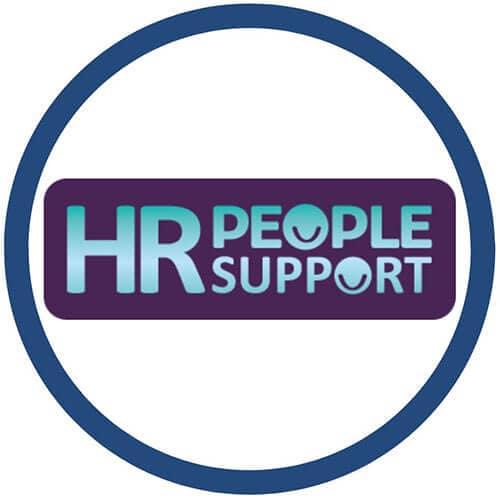Income tax is something we think about regularly during our lifetime. We constantly ask questions such as “have we paid enough?” and “does HMRC owe us a refund?”, yet the topic is often forgotten about after someone has died.
An executor, as part of their role in administering an estate, is required to finalise the income tax position of the person who has passed away. Bank account interest, share dividends, trust income and pensions are just a few of many sources of income that may need to be reported to HMRC after some has died.
In all cases, bank interest is now paid gross and so there will always be some income to declare to HMRC as a result of a person’s death. The executor is required to report to HMRC the income tax position in the tax year that the person died up to the date of that person’s death and for the estate administration period which, depending on the complexity of the estate, may span across more than one tax year. The executor is also required to report any capital gains or losses during the administration of the estate.
Depending upon the complexity of the estate, the executor may be able to report to HMRC using their informal method. However, if any of the following apply, the executors will be required to complete a full tax return on behalf of the estate:
- If the estate has generated income tax and capital gains tax due in excess of £10,000 during the administration period;
- The estate was worth more than £2,500,000 at the date of death;
- The estate realised assets worth more than £500,000 in the tax year in question.
HMRC require the executors to register the estate online to obtain a Unique Taxpayer Reference before then submitting the tax return either online or by post.
Seeking help from a legal professional will give you peace of mind that you have dealt with all aspects of the estate correctly to avoid any recourse to the executors after the estate has been distributed to the beneficiaries.
If you would like any advice on the tax implications of a person’s estate or indeed any other aspect of an estate, please do not hesitate to contact us.
Miranda Hawkes is an associate, chartered legal executive in Willans‘ Legal 500-rated wills, trusts & probate team. She is experienced in supporting many clients who are elderly and vulnerable, particularly those who are unable to make important decisions for themselves.












